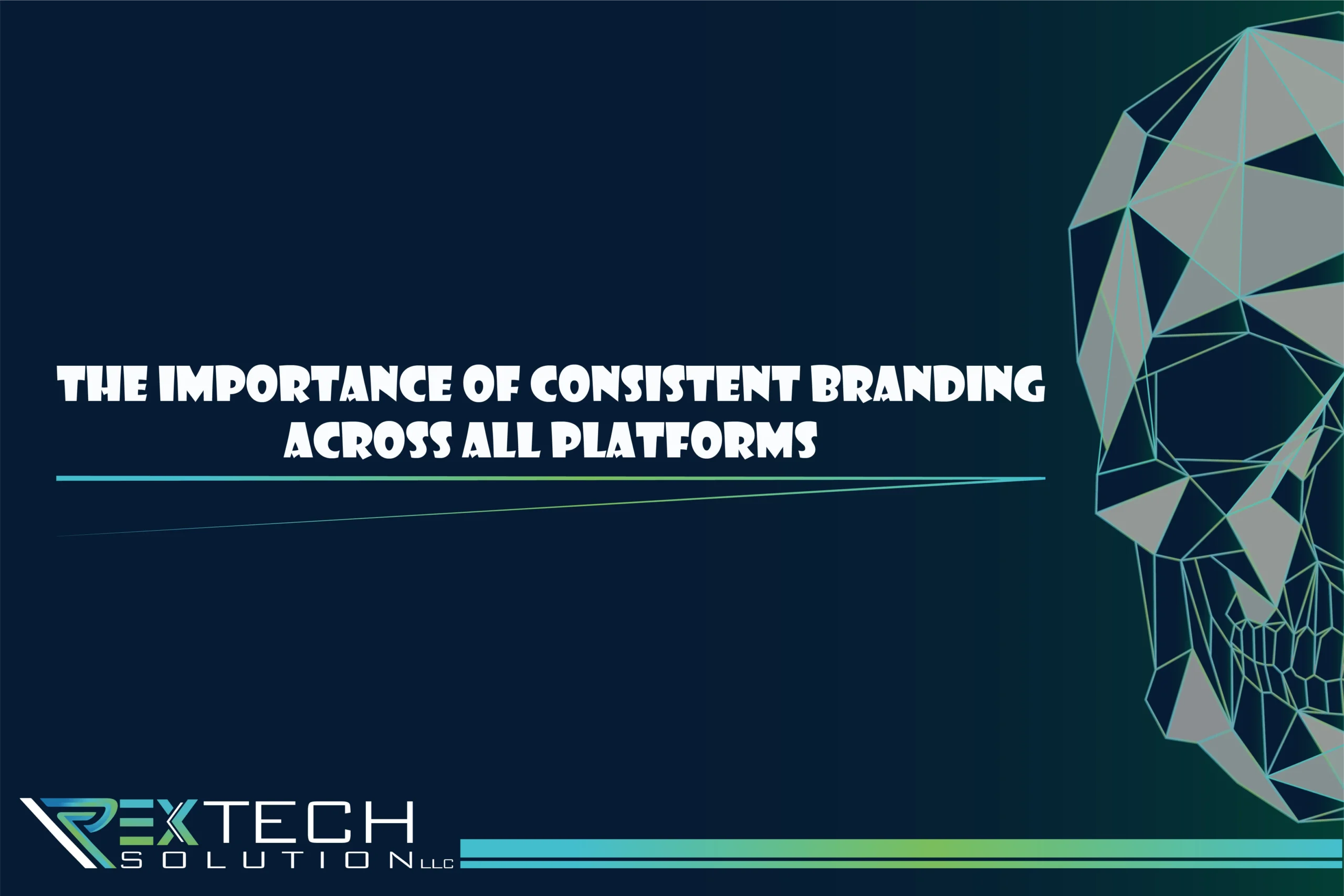1. Establishes Brand Identity
Consistent branding helps establish a strong brand identity. When customers see consistent branding across different platforms, they are more likely to recognize and remember your brand. This consistency builds trust and credibility, as customers perceive your brand as reliable and professional.
2. Builds Brand Recognition
Consistent branding builds brand recognition. When your brand elements, such as logo, colors, fonts, and messaging, are consistent across all platforms, customers can easily identify your brand. This recognition is crucial for building brand loyalty and increasing customer retention.
3. Enhances Brand Recall
Consistent branding enhances brand recall. When customers consistently see your brand elements, they are more likely to remember your brand when making purchasing decisions. This increased recall can lead to higher brand awareness and customer engagement.
4. Creates a Cohesive Brand Experience
Consistent branding creates a cohesive brand experience. When your brand elements are consistent across all platforms, customers experience a seamless transition between different touchpoints. This consistency helps reinforce your brand message and values, creating a unified brand experience.
5. Builds Trust and Credibility
Consistent branding builds trust and credibility. When customers see consistent branding, they perceive your brand as reliable and trustworthy. This trust is essential for building long-term relationships with customers and fostering brand loyalty.
6. Differentiates Your Brand from Competitors
Consistent branding helps differentiate your brand from competitors. When your brand elements are consistent so you stand out in a crowded marketplace. This differentiation is crucial for attracting new customers and retaining existing ones.
7. Increases Brand Equity
Consistent branding increases brand equity. Brand equity refers to the value of your brand in the minds of customers. When customers perceive your brand as consistent and reliable then your brand equity increases, leading to higher perceived value and pricing power.
Conclusion
Consistent branding across all platforms is essential for building a strong and successful brand. It helps establish brand identity, builds brand recognition, enhances brand recall, creates a cohesive brand experience, builds trust and credibility, differentiates your brand from competitors, and increases brand equity. By ensuring consistency in your branding efforts, you can effectively communicate your brand message and values to your audience, leading to increased brand loyalty and business growth.
FAQs – Frequently Asked Questions
What is the importance of consistent branding across all platforms?
Consistent branding is crucial as it ensures that your brand message is clear, cohesive, and memorable across various touchpoints. This uniformity helps establish a strong brand identity, builds trust, and enhances brand recall, making it easier for customers to recognize and remember your brand.
How does consistent branding establish brand identity?
Consistent branding helps in creating a recognizable and reliable brand identity. When customers encounter uniform branding elements across different platforms, they are more likely to remember and trust your brand, perceiving it as professional and dependable.
In what ways does consistent branding build brand recognition?
By maintaining uniformity in brand elements like logo, colors, fonts, and messaging across all platforms, consistent branding makes it easier for customers to identify and remember your brand, thus building brand recognition and loyalty.
How does consistent branding enhance brand recall?
When customers frequently see your consistent brand elements, they are more likely to remember your brand during purchasing decisions. This increased recall leads to higher brand awareness and customer engagement.
What is a cohesive brand experience, and how does consistent branding contribute to it?
A cohesive brand experience means providing a seamless and unified interaction for customers across different platforms. Consistent branding ensures that your brand message and values are reinforced at every touchpoint, creating a unified and pleasant customer experience.
How does consistent branding build trust and credibility?
Consistent branding fosters trust and credibility by presenting a reliable and professional image. When customers see uniform branding, they perceive your brand as dependable, which is essential for building long-term relationships and brand loyalty.
How can consistent branding differentiate your brand from competitors?
In a crowded marketplace, consistent branding helps your brand stand out. By maintaining uniform brand elements, you create a distinct and recognizable brand identity that attracts new customers and retains existing ones.
What is brand equity, and how does consistent branding increase it?
Brand equity refers to the value of your brand in customers’ minds. Consistent branding enhances brand equity by establishing your brand as reliable and recognizable, leading to higher perceived value and pricing power.
What are the key benefits of consistent branding for business growth?
Consistent branding helps in establishing brand identity, building recognition, enhancing recall, creating a cohesive brand experience, building trust, differentiating from competitors, and increasing brand equity. These factors collectively lead to increased brand loyalty and business growth.

